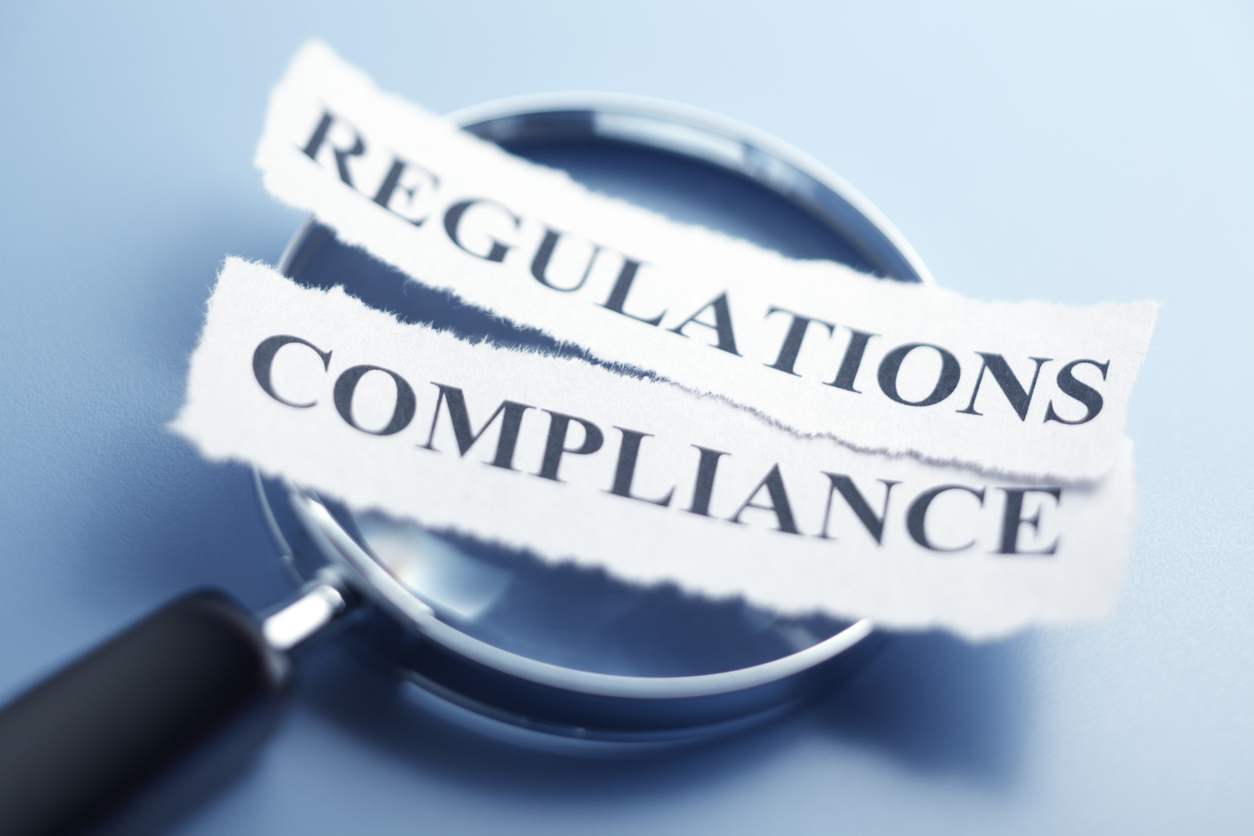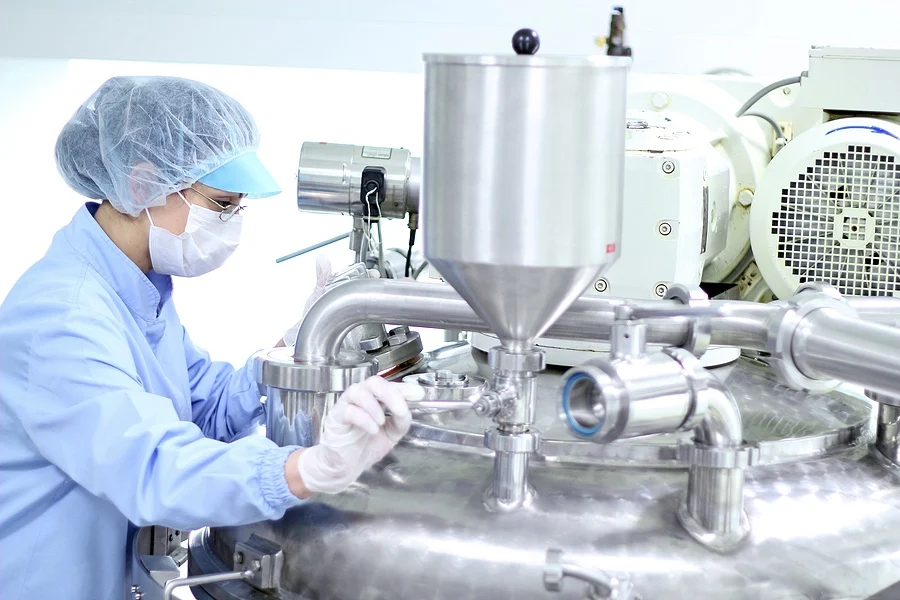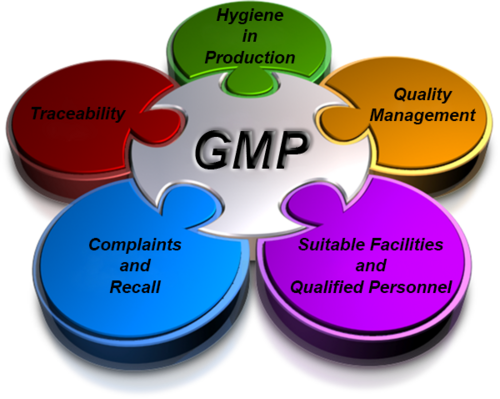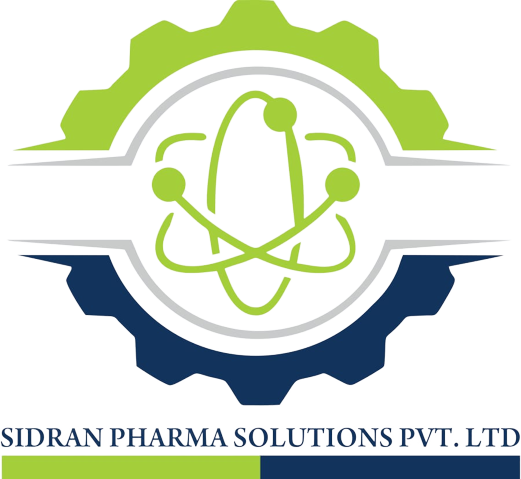Importance of Investigation Training
Investigations are essential to identify, analyze, and resolve deviations, non-conformances, and complaints in the pharmaceutical manufacturing process. Proper training ensures that employees understand the importance of investigations in maintaining product quality and safety standards.
The most common regulatory concern is that investigations fail to thoroughly conduct root cause analysis (RCA) and fail to link corrective and preventative actions to the root causes identified. Often companies are cited for not considering the potential magnitude of an event or not considering other batches previously produced and possibly released into the market.


Regulatory Compliance
Regulatory bodies like FDA and EMA require pharmaceutical companies to conduct thorough investigations into any discrepancies in manufacturing processes. Training programs should focus on regulatory guidelines and expectations to ensure compliance.
Regulatory compliance refers to following the rules set out by governing bodies for a specific industry. It involves understanding the laws and regulations that apply to your business and then complying with them in order to avoid penalties or other legal action.
Root Cause Analysis (RCA)
Investigation training emphasizes the use of RCA techniques to identify the underlying causes of deviations or failures. Techniques like 5 Whys, Fishbone Diagrams, and Failure Mode and Effects Analysis (FMEA) are commonly taught to employees.
Root Cause Analysis is a useful process for understanding and solving a problem. As an analytical tool, Root Cause Analysis is an essential way to perform a comprehensive, system-wide review of significant problems as well as the events and factors leading to them.


Documentation and Reporting
Proper documentation of investigations, including methodologies, findings, and corrective actions, is a vital aspect of training. Training programs cover report writing skills to ensure clear, concise, and accurate documentation.
Documentation is the process of communicating in written form about essential facts for the maintenance of continuous history of events over a period of time. RECORD is the permanent written communication that documents information relevant to a client’s health care management
Good Manufacturing Practices (GMP)
Training in GMP principles ensures that employees understand and adhere to quality standards during the investigation process. GMP guidelines cover various aspects, including facility cleanliness, equipment maintenance, and personnel hygiene.
Good Manufacturing Practices (GMP, also referred to as 'cGMP' or 'current Good Manufacturing Practice') is the aspect of quality assurance that ensures that medicinal products are consistently produced and controlled to the quality standards appropriate to their intended use and as required by the product specification.

